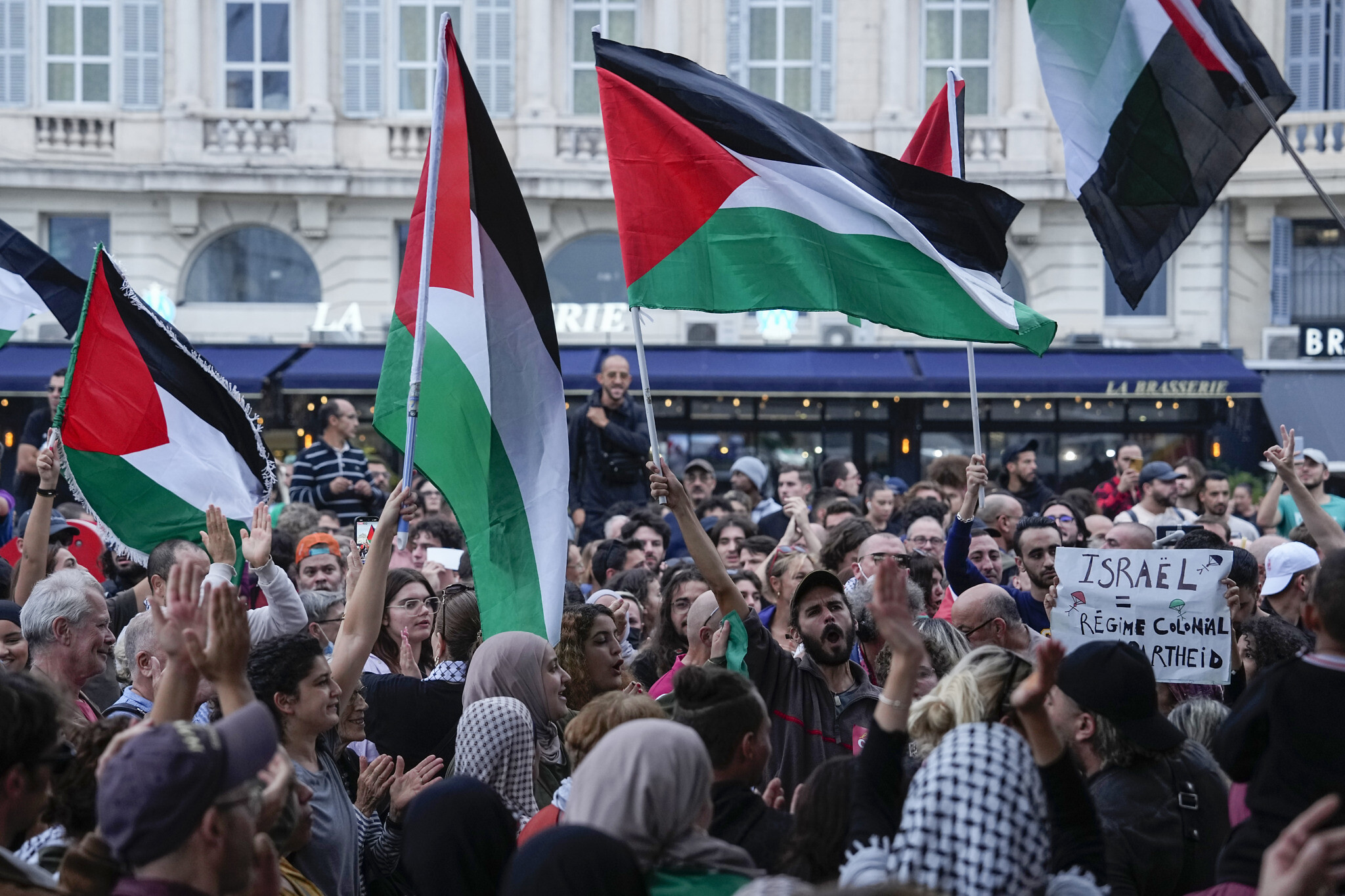
My parents grew up under the shadow of anti-Semitism in Detroit of the 1930s. Henry Ford, revered as a titan of the auto industry, was an avowed anti-Semite, admired by Hitler. He wrote a series of articles that claimed a vast Jewish conspiracy was infecting America. In his hometown newspaper, The Dearborn Independent. Ford published the articles into four volumes, “The International Jew,” and distributed half a million copies to his vast network of dealerships and subscribers.
While prejudice takes different forms in different eras, I fear it never really leaves us.
And then there was Father Charles Coughlin, a Catholic priest in the Detroit area. Throughout the 1930s, he was one of the most powerful men in the America whose anti-Semitic, pro-Nazi broadcasts reached tens of millions of listeners. Coughlin told his followers, “We have lived to see the day that modern Shylocks have grown fat and wealthy, praised and deified, because they have perpetuated the ancient crime of usury under the modern racket of statesmanship.”
With this fearful climate so close to home, I was surprised my father wasn’t more fearful of becoming the victim of anti-Semitism. He entered kindergarten only speaking Yiddish, but soon connected to American culture through his love of baseball. He laughed when he shared the names his friends called one another — Kike, Wop, Chink, Cracker, Greaseball, Dago, Kraut, Mick, Redneck — to him these were “terms of endearment” exchanged among boys who punched one another in the arm and ran wild. I don’t think he ever thought about this as a form of prejudice.
On the other hand, my mother shared feeling persecuted for being Jewish in neighborhoods that were mixed ethnicities. Like my father, her family rented and moved a bit, so she sometimes ended up in areas where there were few Jews. She remembered being teased and called names when she walked to and from school. Worst of all, she encountered a few blatantly anti-Semitic teachers who refused to call on her in class.
No surprise that when my parents married, they settled in the very Jewish neighborhood of Dexter-Davison, later moving to the very Jewish suburb of Oak Park. I grew up amongst mostly Jewish peers. Our schools closed for Jewish holidays (or at least we were excused if we didn’t attend). While I had a few close Catholic friends because there was a large parish nearby, I never felt like “the other.” In fact, I found my upbringing too narrow and stifling. My husband grew up in Skokie, which had a similar vibe after the first couple of years he lived there.
We vowed to raise our family in a “diverse” community, which is why we chose Evanston, Illinois. They attended schools which were (at that time) close to 40% White, 35% Black, 10% Latino, and the rest multi-racial, Asian, and “other.” Schools could not exceed 60% of any identifiable racial group. The Jewish population may have been around 12-15%. Of course, what we didn’t realize was that housing created very separate communities. When we bought our house, the realtor tried to steer us to very specific neighborhoods. From our naïve perspective, our children were experiencing maximum exposure to other ethnic groups and minimal prejudice growing up.
So where does this leave me now? As I pass by “Free Palestine” graffiti and anti-Israel rallies in our downtown areas and Northwestern, I feel the sting of anti-Semitism not so different from what my mother experienced growing up. Our synagogue needs to keep its doors locked. My grandkids who live here identify as Korean/Jewish, I fear others look at them as non-White and different. While prejudice takes different forms in different eras, I fear it never really leaves us.
Boomer. Educator. Advocate. Eclectic topics: grandkids, special needs, values, aging, loss, & whatever. Author: Terribly Strange and Wonderfully Real.


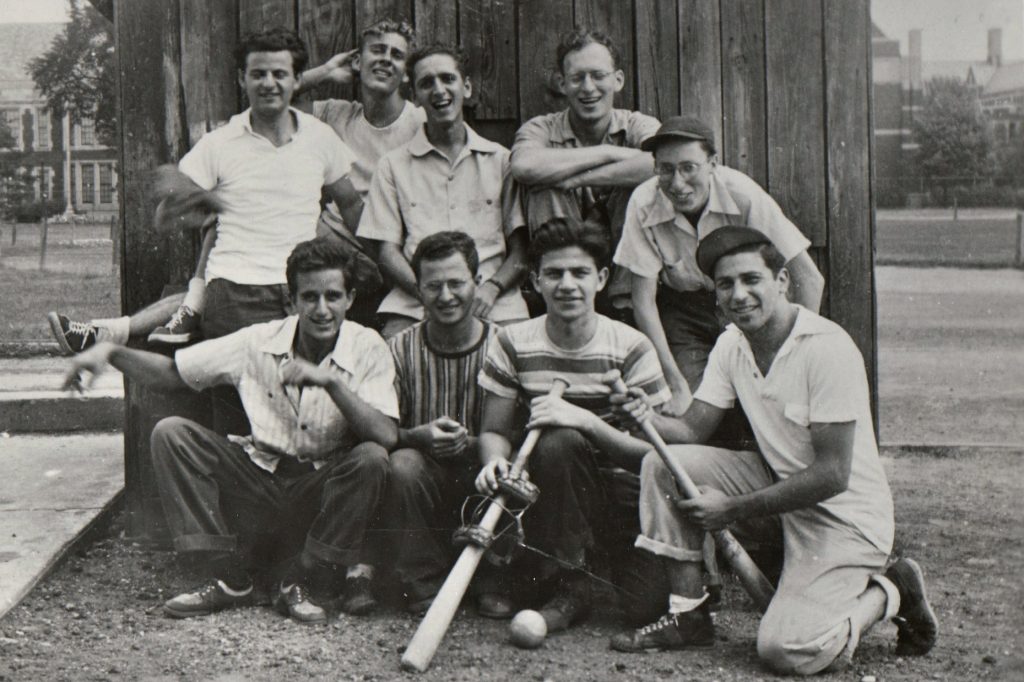
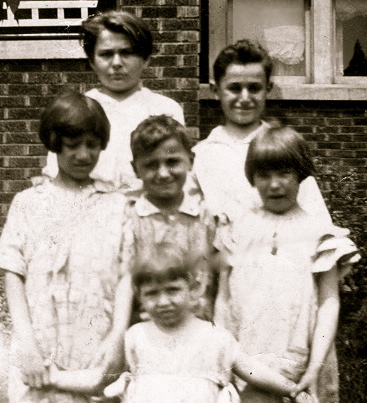
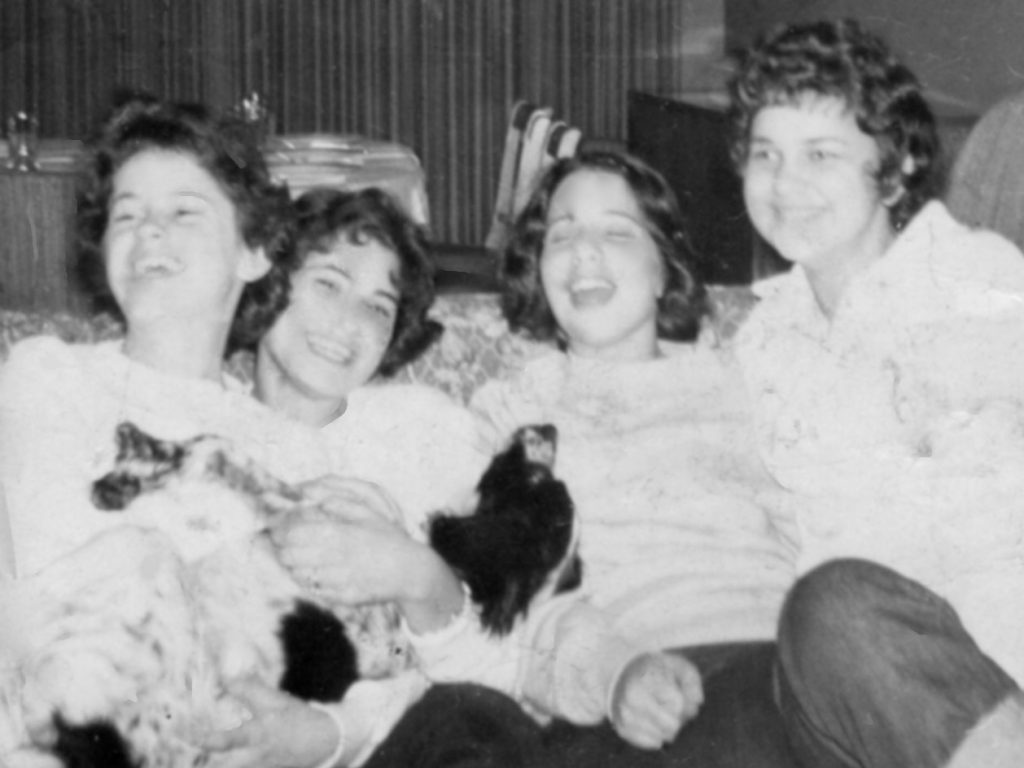
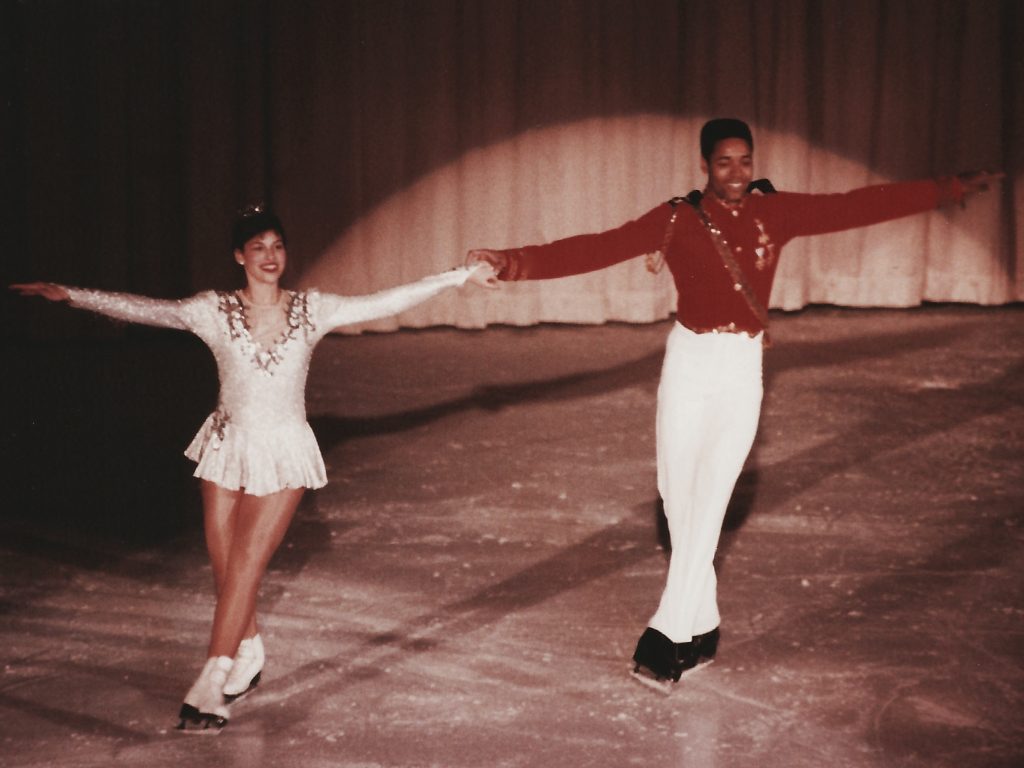
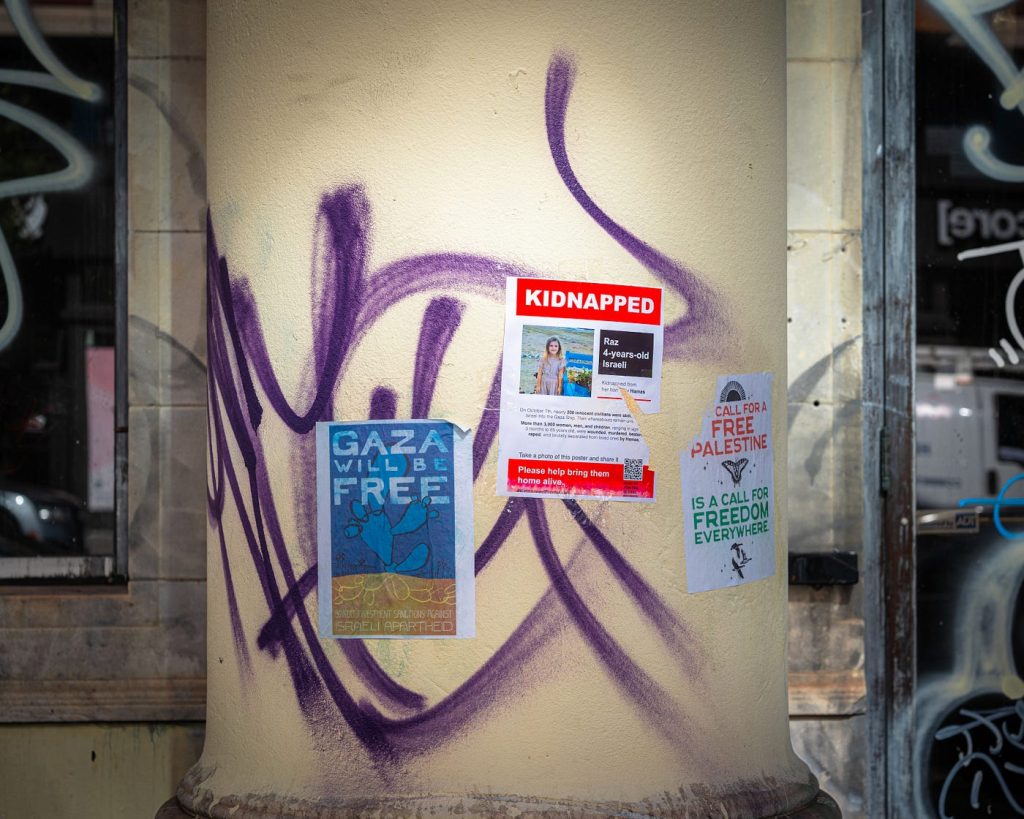

Yes Laurie, it never leaves us, lots of sad stories this week.
These are sad times indeed.
Since I grew up “next door” to you, I understand your roots entirely (as you well know). I went to school in Royal Oak, which was Father Coughlin’s parish (though a generation removed) and felt the sting he left behind, and my family was in the auto business (my great uncle, who became treasurer of GM, since he joined when it was a two-year old company, changed the family name from Prensky to Prentis, as it sounded less Jewish). The auto industry, even beyond Henry Ford, was notoriously anti-Semitic.
The world is growing more dangerous and less understanding. They have forgotten what they fought for in WWII and those horrors, as “the greatest generation” passes from this earth. Like you, I fear for where we are heading.
I knew you would get my family background. I think my parents were fearful of standing out too much. Now I worry for our grandkids. We seem to be forgetting what we thought could never happen again.
Kids get those terms from the adults in their lives, but I think that many use them toward close friends, ironically or jokingly, precisely as a way of giving the finger to their elder’s prejudices. My BFF Alan calls me many things in Yiddish that are not listed in polite dictionaries.
I get that, but my father seemed proud of these awful names, perhaps because it made him feel like he belonged. And yes, we can call others of or group names in jest, but I worry when others start to label us.
Your story brought back lots of memories. Really distressing how the evils of the past aren’t really past after all. The upwelling of hate from the current war in the Middle East and of course the fomenting of it by autocrats at home and abroad these past few years has really fanned the flames. I hope your grandkids, and kids everywhere, have a better future.
The middle east has stirred so much divisiveness in my community, especially among young people who get all of their new from TikTok. Have to stay hopeful but it’s not easy.
Sad and true – I am remain affected by the prejudice while luckily avoiding the bigotry.
I think we are all hurting now. Too much disinformation and bias out there, I’m afraid.
Laurie: thank you for your fine narrative.
Your reference to the addition of a Korean member to your family reminded me of the travail of raising our adopted African-American boy. He expanded our experiences from antisemitism to racism: in schools, the Air Force, sports, housing, and in addition to our inter-racial family, his interracial relationships.
Prejudice has no religious, racial, sexual, or social boundaries!
So true. My son has two adopted African American boys, and one of my daughters is married to a Korean man and they are raising the kids Jewish. The world has really changed, but sadly prejudice is still with us.